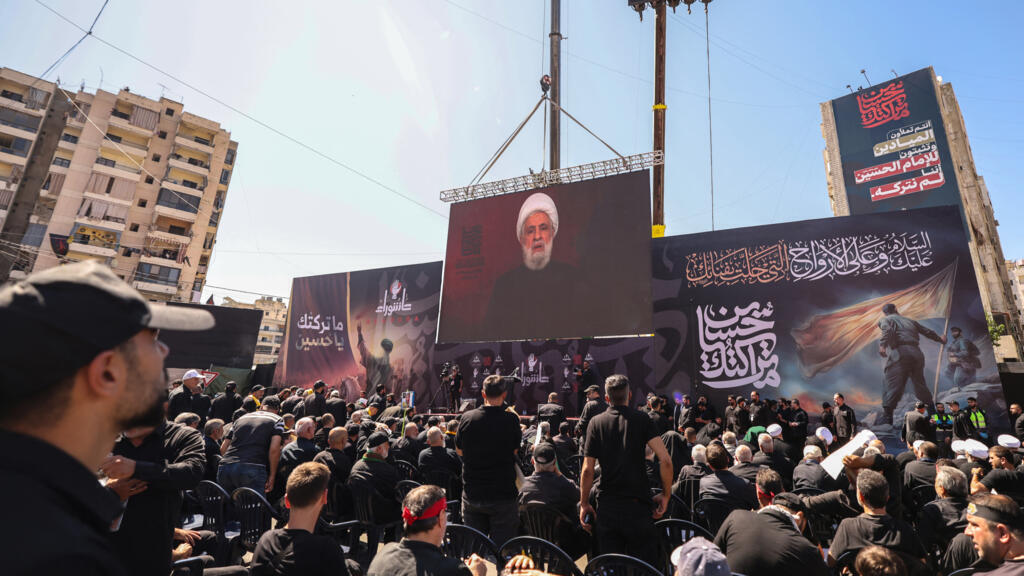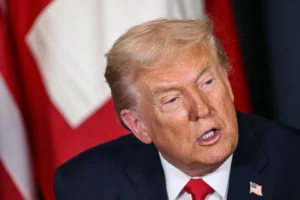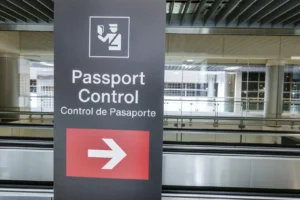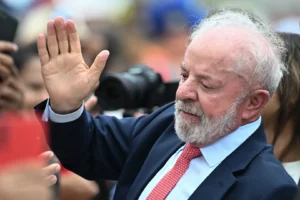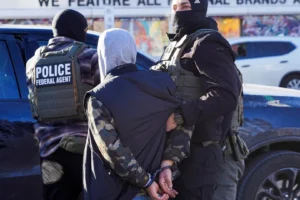The Hezbollah Israel conflict is a dangerous impasse, raising concerns about renewed missiles and escalating tensions. Hezbollah’s recent threats highlight their unwavering resistance to disarmament, a key issue in Lebanese politics and international relations. This conflict has deep historical roots and far-reaching geopolitical implications. Hezbollah’s refusal to disarm stems from its history as a resistance movement against Israeli occupation. They view their military arsenal as crucial for defending Lebanon against perceived Israeli aggression. This stance resonates with many Lebanese who see Hezbollah as a protector. However, Hezbollah’s large arsenal threatens regional stability and hinders peace efforts. Their refusal to disarm challenges the Lebanese government and international initiatives. The Hezbollah Israel conflict is deeply intertwined with regional geopolitics. External actors, such as Iran’s support for Hezbollah, complicate the situation. Understanding these external influences is key to grasping the conflict’s nuances. International pressure on Lebanon to disarm Hezbollah is driven by concerns about regional security. A powerful non-state actor with a significant military arsenal poses a considerable threat. This puts the Lebanese government in a difficult position, needing to balance international demands with domestic political realities. The Lebanese government faces a critical dilemma: how to meet international expectations while managing its relationship with Hezbollah. A forceful approach could worsen tensions, while inaction undermines international efforts. The Hezbollah Israel conflict demands careful diplomacy and strategic solutions to prevent further escalation. The historical context of the Hezbollah Israel conflict is essential for understanding the current situation. The conflict’s roots lie in the Lebanese Civil War and Israel’s occupation of Lebanon. Hezbollah emerged as a resistance group, and its actions have been shaped by decades of conflict and mistrust. Examining the historical context is crucial for developing effective solutions. Finding a peaceful resolution requires addressing Hezbollah’s security concerns while ensuring regional stability. International cooperation, dialogue, and a commitment to diplomacy are vital in navigating this complex conflict. Ignoring the Hezbollah Israel conflict is not an option. It requires a multifaceted approach that acknowledges the historical context, geopolitical realities, and the urgent need for peace.
Hezbollah Israel conflict: A Dangerous Impasse
